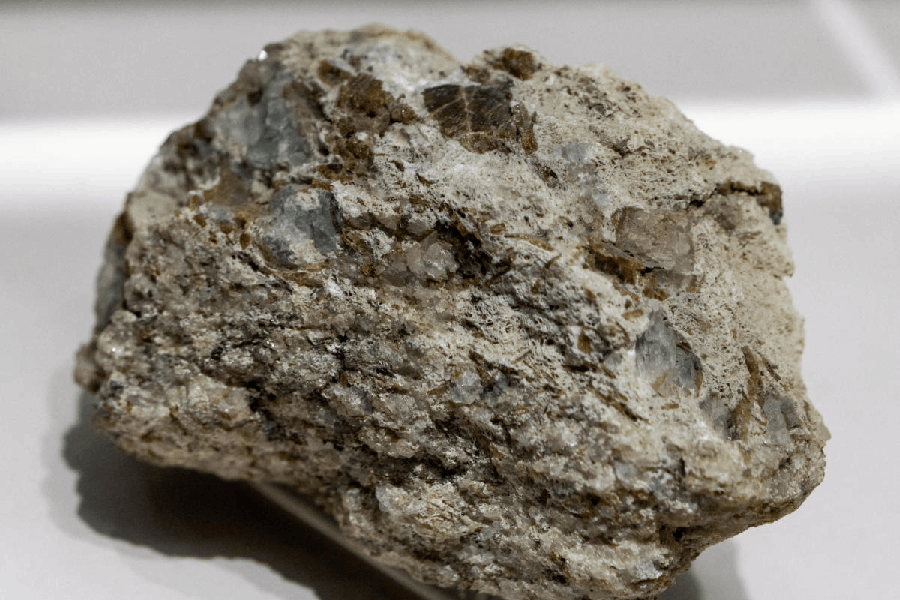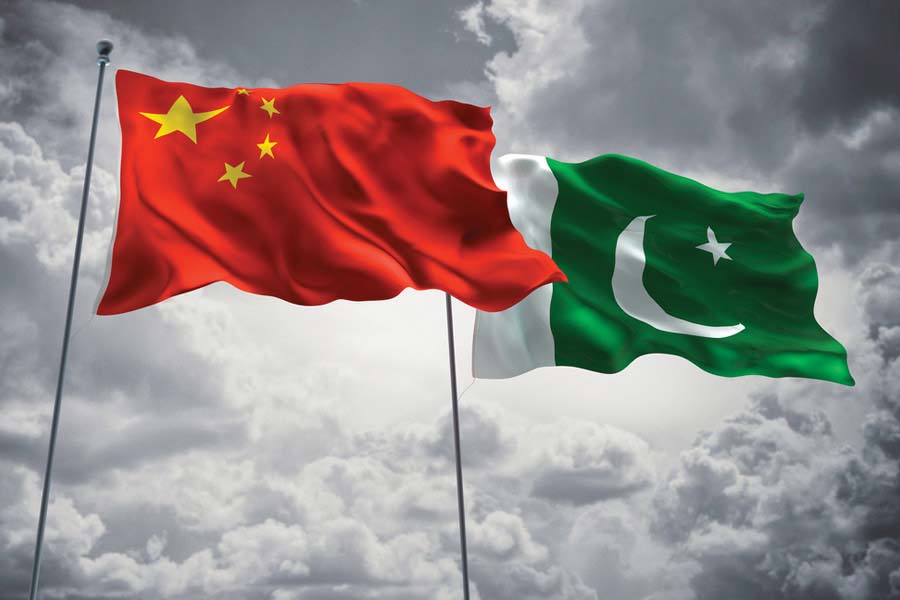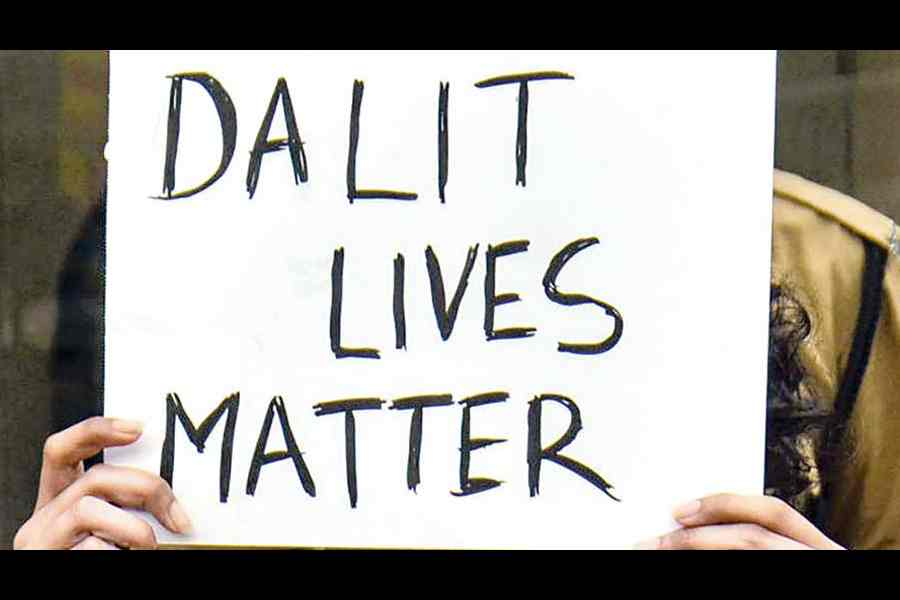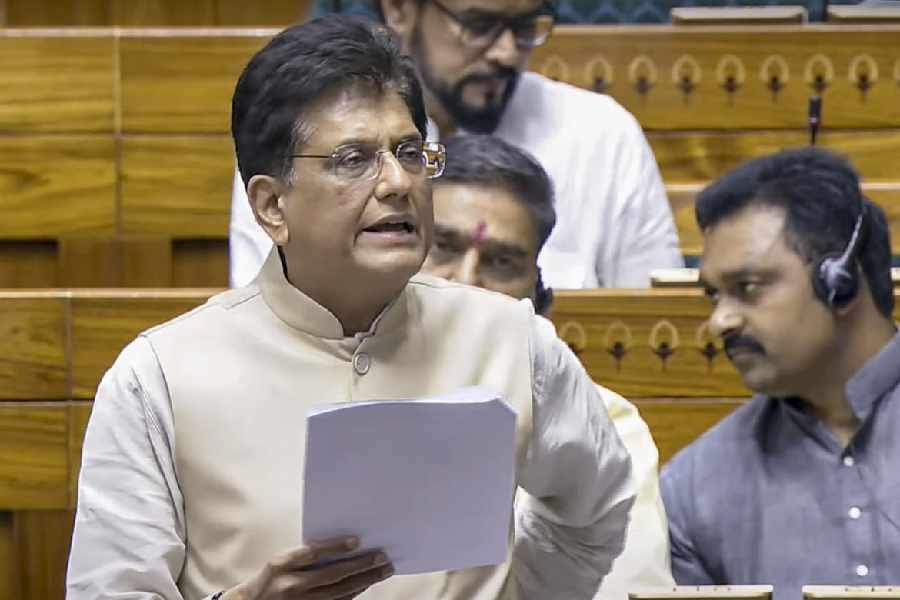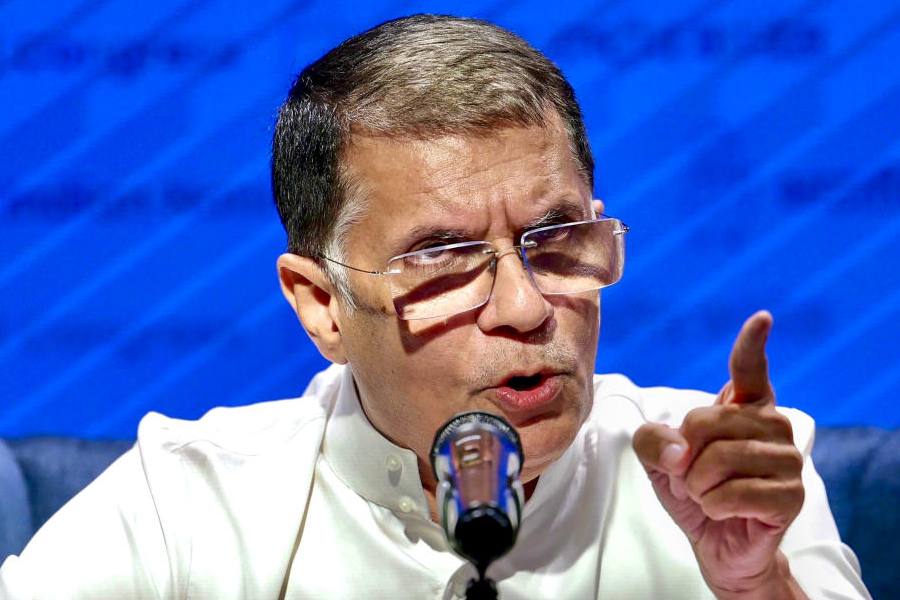The European Union has established a "special channel" of communication with Chinese authorities to secure the flow of rare earth materials vital for EU industries, EU Trade Commissioner Maros Sefcovic said on Wednesday.
The move follows China’s export controls on rare earths, which raised concerns in Europe after their introduction earlier this year about potential disruptions to the production of electric vehicles, wind turbines and other technologies that depend on permanent magnets.
A series of deals with Europe and the US later eased the supply crunch, while the European Union, the U.S. and others are also racing to build alternatives to the Chinese rare earth supply chain.
Sefcovic said he had discussed the issue directly with Chinese Commerce Minister Wang Wentao several times, stressing that poorly managed export procedures could have a "very negative impact on production and manufacturing in the EU".
Sefcovic was speaking in Kuwait, where he was attending the 2025 GCC-EU Business Forum, and made the remarks in response to a Reuters question.
Brussels and Beijing agreed to prioritise applications from European companies, and through the new channel, officials on both sides are working together to review and fast-track export permits for rare earth materials, he said.
According to Sefcovic, European firms have submitted around 2,000 applications to Chinese authorities since the controls came into force, with just over half already approved.
He said Brussels was continuing to press Beijing for faster processing of the remaining cases, while simultaneously working to diversify supply by developing new sources in Europe, including from rare-earth and magnet production in Estonia.
On Tuesday, the EU Commission said EU and Chinese officials had discussed general licenses to ease the export of rare earths, to match the kind of licenses the United States says it secured from China.

